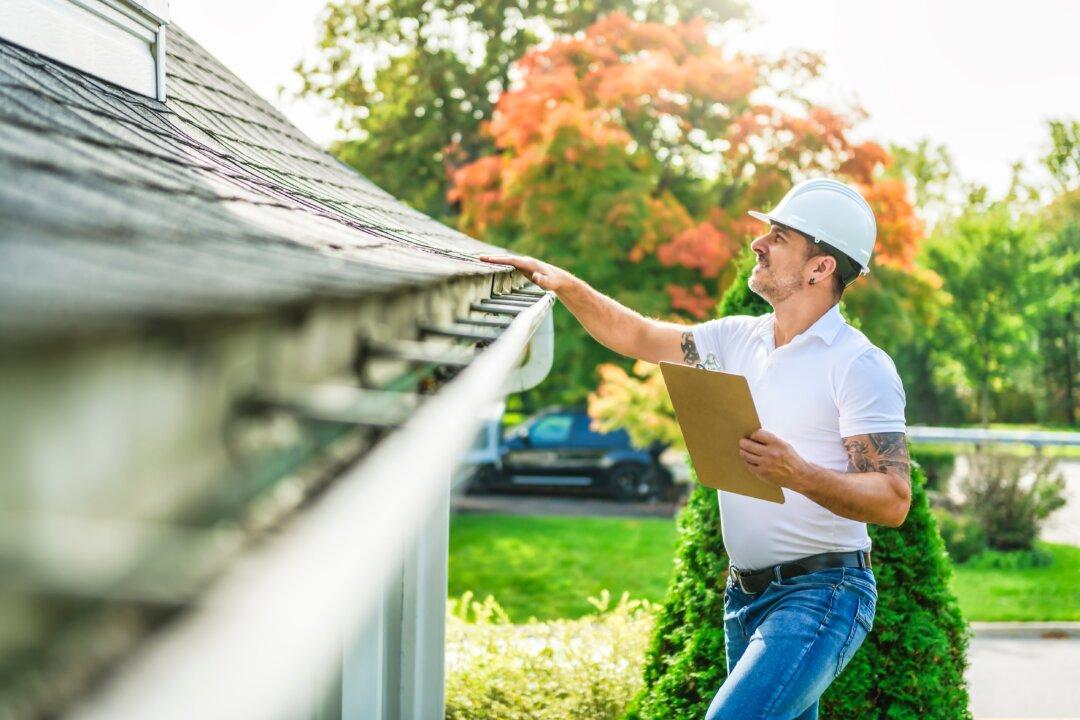When buying a house, you could get caught up in the excitement and ignore the home inspection. A bad home inspection can throw a wrench into the selling process. Even worse, a good inspection when something is wrong could cost you down the road.
There are ways to ensure you receive a thorough and honest inspection, but these depend on you. Avoid these home inspection mistakes.






